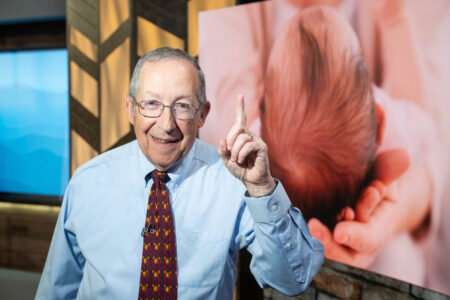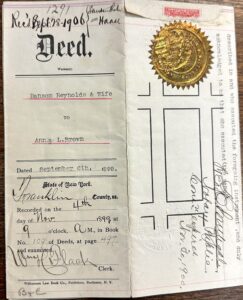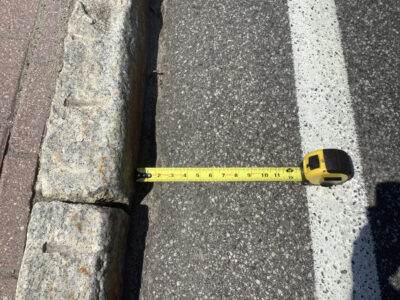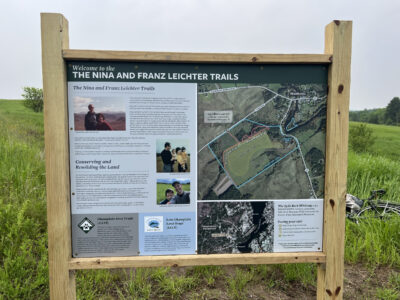The Elk’s Club’s finest hour
I’ve been in a bunch of casinos, literally from Las Vegas to Kathmandu, and I haven’t lost a nickel in any of them.
Know why?
I don’t gamble.
My reason be summed up by an old adage I heard as a callow youth. It was: If you don’t wanna lose in Las Vegas, as soon as you step off the plane, turn around and walk into the propeller.
Propeller?
I told you the adage was old.
Luck is not only hard to define, but it’s impossible to prove, since it’s not a concrete entity (if it even exists at all). The best definition I could come up with is that good luck is beating the odds; bad luck is not. By that measure, I’ve always had great luck, which is why I won’t push it by gambling.
Beyond the logic of my not gambling, it just doesn’t appeal to me. I’m a mathematic moron, so I’m constitutionally unable to understand the percentages in any game of chance, except those classic card games, Old Maid and War. And since I don’t follow sports, I don’t care who wins or loses. So the only thing I understand about the odds in gambling is they are stacked against me, Big Time.
Ultimately, I feel about the same way about gambling as I do about work: I’m skeptical about its benefits and I love to watch other people do it. This was a lot easier to do when I was a kid, since while gambling was illegal, it was completely visible.
That seems counter-intuitive, but it’s not — especially in My Home Town in The Glory Days.
There are a few reasons for that. First, it’s impossible to hide anything in a small town. We live cheek-to-jowl, all of us rubbing shoulders (or if you prefer, rubbing scales) IN the fishbowl, rather than observing it from outside.
Second, there is the Yenta Quotient, which here is probably close to 200. In plain English, this means damn near everyone here’s a gossip. So, as soon as a new bit of scandal happens, it hits the Evergreen Telegraph, and from there spreads through town like wildfire. While six degrees of separation may be the rule for humankind in general, for here it’s maybe two.
And third, there’s The Dope’s First Law of Small Towns, which is stated thus: The harder you try to hide a vice, the sooner it will be discovered.
This law has a corollary: When your unsuccessfully hidden vice gets discovered, you’ll be roundly disliked by one and all — a pariah in fact, even though not in print. They won’t dislike you for indulging in the vice, but for you wanting to hide it. For a while that might not be a sign of treachery, per se, it IS a sign of supreme snottiness. First, it shows an arrogance, thinking you could get away with breaking DFLoST.
Second, and more seriously, the rest of your townfolks will hold you in contempt for your unwillingness to share. That’s why the peeps who wear their vices on their sleeves are considered mere rascals and not only forgiven their trespasses, but are often held in great affection. On the other hand, when the Great Spotlight of Truth beams the failed hiders front and center, they become objects of derision and are thought of as degenerates, at best.
It’s also why, since gambling was constant and ubiquitous here, no one paid any more attention to it than they did the latest news from Herzegovina. But one gambling event captured our attention and led to great hilarity — Elks Club Casino Night.
I’m vague on the details, so I don’t know if it was called Casino Night, or Las Vegas night, or what. Plus, I don’t know if they were held once a year or more. But I do know talking about them provided at least as much fun as did GOING to carnivals.
–
When fraternal organizations grew on trees
–
Back in the heyday of fraternal and services organizations, if you stood in downtown and threw half a brick, you’d have broken the window of one of them. There were the Masons, the Rotary Club, the Loyal Order of Moose, the Odd Fellows, the American Legion, the Knights of Columbus, and probably a bunch I’ve forgotten or never knew. But among them all, the Elks Club was The Big Kahuna. The building was not only big (on the Walgreen’s lot), but was a big shmeer as well. It had a huge bar, a dance floor and a restaurant of sorts on the first level. On the lower level was the kitchen, and if memory serves me correctly, tables for card players. On any given night, members were in there, holdin’ ’em, raisin’ ’em, and foldin’ ’em — sometimes for stakes that still make me shudder.
The Casino Nights were a stellar affair that filled the joint with a crowd as wired on hope as the faithful who flocked to Lourdes. I don’t know the percent of Lourdes pilgrims who had wishes come true, but I’d bet it was higher than thems layin’ their money down in the Elks Club.
But the appeal of the Casino Nights wasn’t the gambling itself — it was our local constabulary’s sometimes response to it.
Here’s the tea:
For reasons known only to the movers and shakers of SL, who as a result of high-level (and high-handed) discussions in what I’m sure were smoke-filled rooms, from time to time, the cops raided a Casino Night.
If you think about the cinema police raids on speakeasies and gambling dens, as portrayed in 1920’s gangster flicks, forget it. Our raids, as befit our kind and laid-back dispositions, were the epitome of civilization.
I considered them three act comedies.
–
Act One
–
First, before SL’s Finest left the station, one of them called the Elks Club and talked to the bartender, Danny Sullivan. The purpose of the call was obvious: It gave fair warning the raid was about to take place. In turn, Danny went about his appointed rounds and told all our local politicians (and probably a cop and clergyman or two) the time was at hand for them to leave before they got caught up in the sweep.
After Danny called back and told the cops the coast was clear, they came to the Elks club and did their thing. All in all, it was a low-key and rather jolly affair. No howling sirens, flashing red lights, doors being breached with fire axes, boys in blue pouring in with guns drawn and the like. Instead, the cops strolled in, spread the word of them discovering the shocking truth of illegal games of chance taking place right under their noses, and that Casino Night was no more (at least not till the next time).
–
Act Two
–
Then, still in character, they arrested Danny Sullivan and carted him off to the hoosegow. Of course, he was taken away in polite fashion, booked, and given a seat in the station, released in his own cognizance. Then he waited for one of the Benevolent Protectors to show up and give him a ride back to his car.
–
Act Three
–
Danny’s fine was paid by the Elks, as well as them giving him some walk-around ka-ching as a reward for his starring role as Casino Night Fall Guy.
And thus a good time was had by all — both at Casino Night and for a while afterward, as everyone got a chuckle out of The Big Bust.
I still hold those old Elks in high regard. Given the odds of casino gambling, they paid a lot out of their pockets for the rest of to get all sorts of free entertainment.
And if that’s not the very definition of a service club, I don’t know what is.




